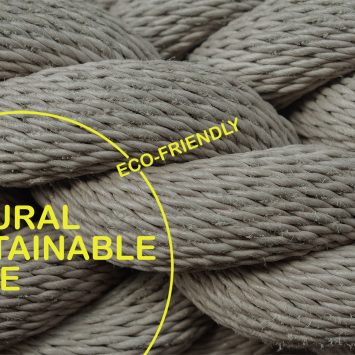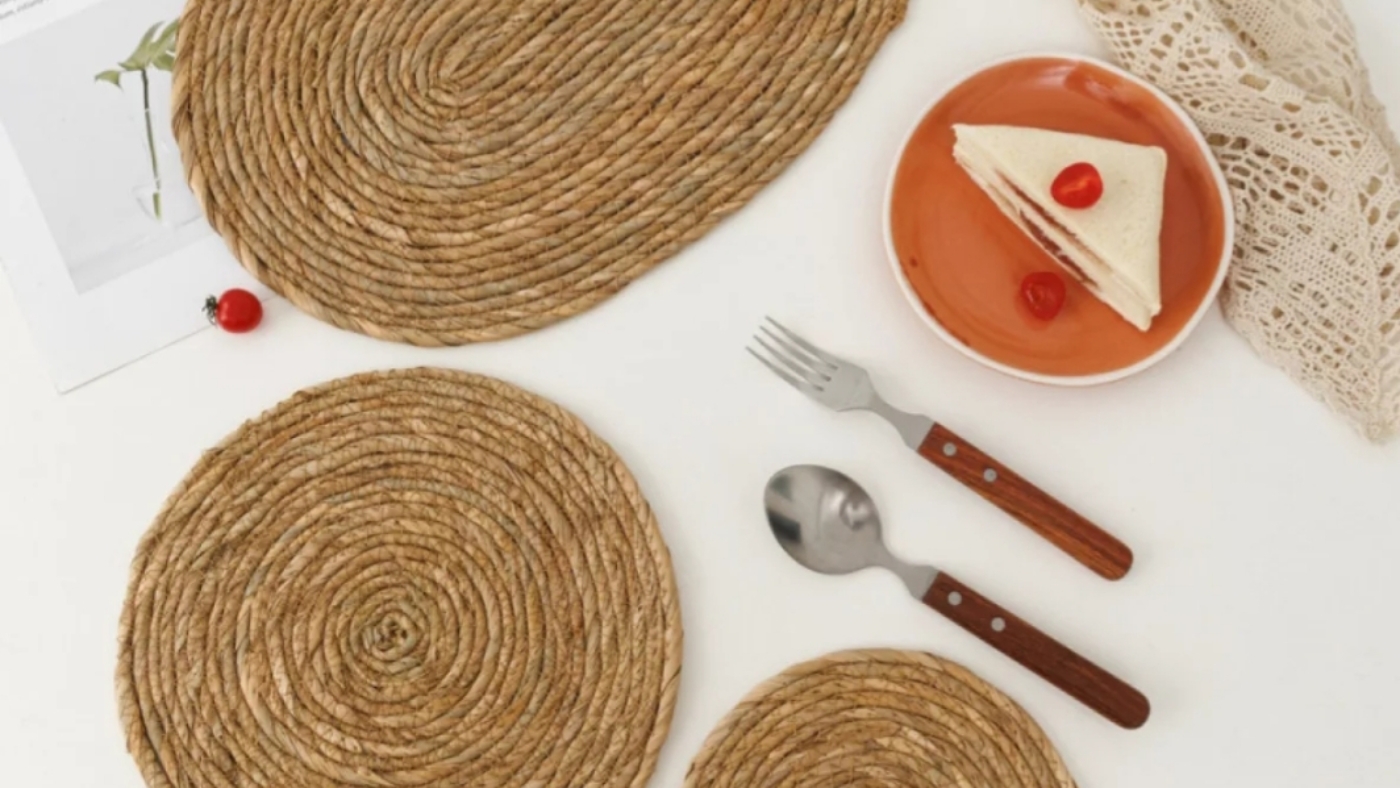Jute Rope Where This Versatile Rope is Used
Jute rope is more than just a simple, natural fibre; it’s a key player in a variety of industries and everyday uses. Known for its eco-friendly qualities and natural strength, jute rope has become a favorite for many, from gardeners to decorators. In this post, we’ll explore where jute rope is commonly used, why it’s such a popular choice, and how you can incorporate it into your own projects.
What is Jute Rope?
Jute is a natural fibre derived from the bark of the jute plant, primarily grown in India and Bangladesh. The fibres are long, soft, and shiny, and when twisted together, they form a rope that is both strong and durable. Jute rope is recognized for its golden, silky appearance, earning it the nickname “the golden fibre.”
Common Uses of Jute Rope
Jute rope is highly versatile, finding its way into numerous applications across different industries and households.
- Gardening and Landscaping
- In gardening, jute rope is a go-to for tying plants, supporting climbing vines, or bundling garden waste. Its natural look blends seamlessly into outdoor environments, and since it’s biodegradable, it won’t harm the environment when left to decompose.
- Home Décor
- Jute rope has become a trendy material in home décor, especially for those embracing rustic or coastal styles. It’s used to make everything from wall hangings and curtain tiebacks to light fixtures and mirror frames. The texture and warmth of jute rope add a natural element to any room.
- Crafting and DIY Projects
- For crafters, jute rope is a favorite material. It’s easy to work with, affordable, and can be used in a variety of creative ways. Whether you’re making jewelry, wrapping gifts, or creating custom furniture, jute rope brings a natural charm to your projects.
- Packaging and Shipping
- Jute rope is also commonly used in packaging and shipping, particularly for tying parcels or securing items in transit. Its strength ensures that packages remain secure, while its biodegradability makes it an environmentally friendly choice.
- Agriculture
- Farmers often use jute rope for tasks like tying bales of hay or constructing temporary fences. Its durability under various weather conditions makes it a reliable tool in agricultural settings.
Need Jute rope products Click Here:

Also Read: More About Jute Rope.
Why Choose Jute Rope?
There are plenty of reasons why jute rope is a popular choice. Beyond its strength and versatility, jute rope is a sustainable option, being 100% biodegradable and recyclable. It’s also cost-effective, making it accessible for both large-scale and small-scale projects. Additionally, the soft yet sturdy texture of jute rope ensures that it’s gentle on hands, making it easy to handle during use. Jute Rope Where This Versatile Rope is Used
How to Maintain Jute Rope
Although jute rope is durable, it does require some care to ensure it lasts. It’s important to store jute rope in a dry place, as prolonged exposure to moisture can lead to mold and weakening of the fibres. If the rope becomes dirty, it can be gently cleaned with a dry brush or cloth. With proper care, jute rope can last for years, even with regular use.
Need Banana Fibre Rope? NaturalFibreCompany Can Help
If you’re looking for a different natural fibre rope, like banana fibre rope, NaturalFibreCompany has what you need. Banana fibre rope is softer and more flexible than jute, making it perfect for various applications where a more delicate touch is required. You can trust NaturalFibreCompany to provide high-quality, sustainable banana fibre rope for your next project.
Jute rope is a fantastic material that offers both practicality and beauty. Whether you’re working on a gardening project, decorating your home, or crafting something unique, jute rope is a reliable and eco-friendly choice. And if you ever need something with a different feel, remember that banana fibre rope from NaturalFibreCompany is a great alternative.


Add a Comment